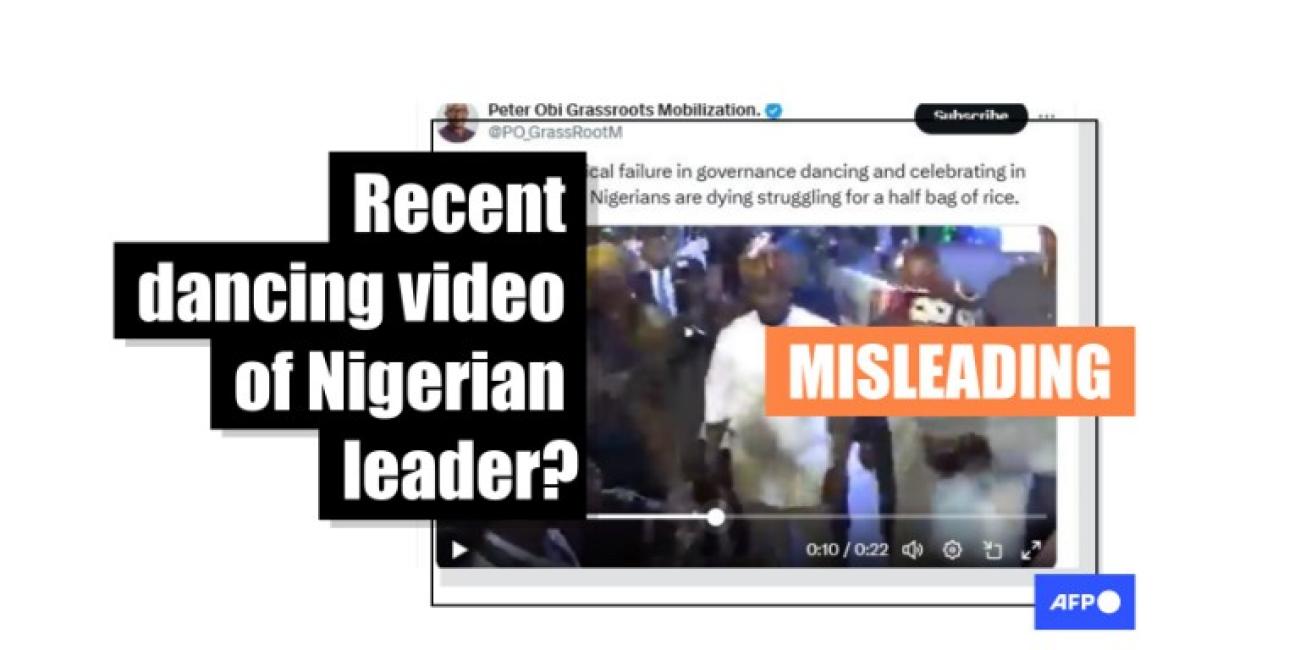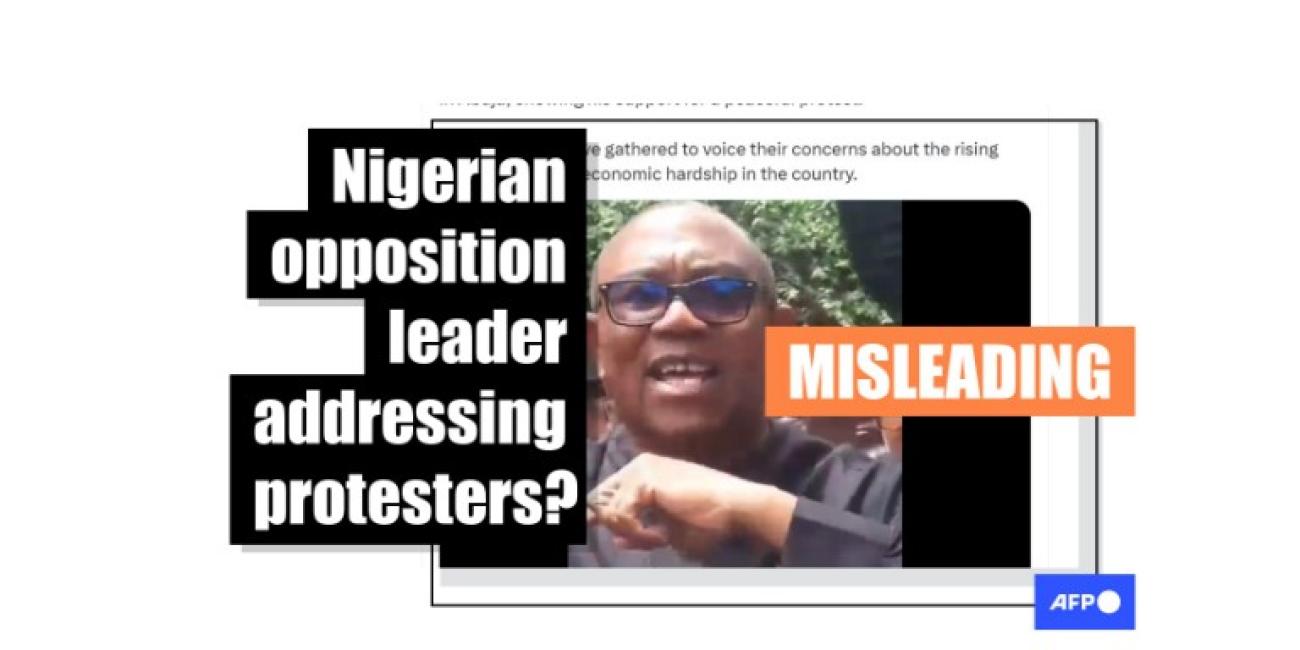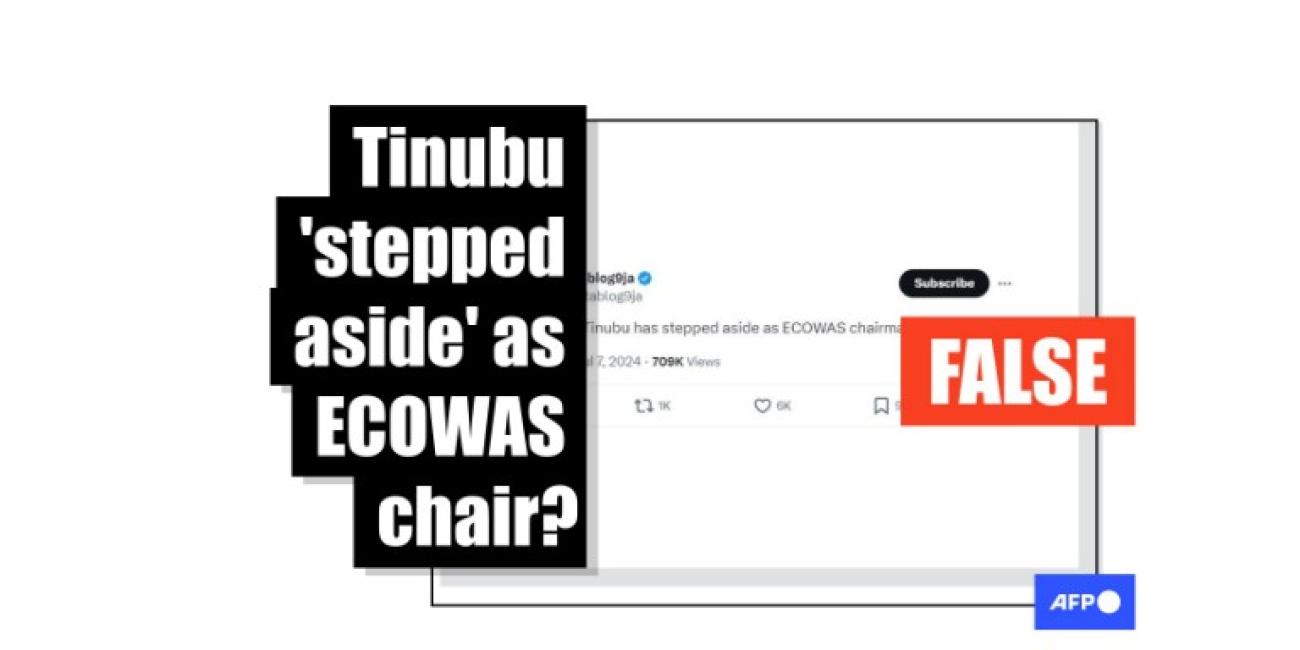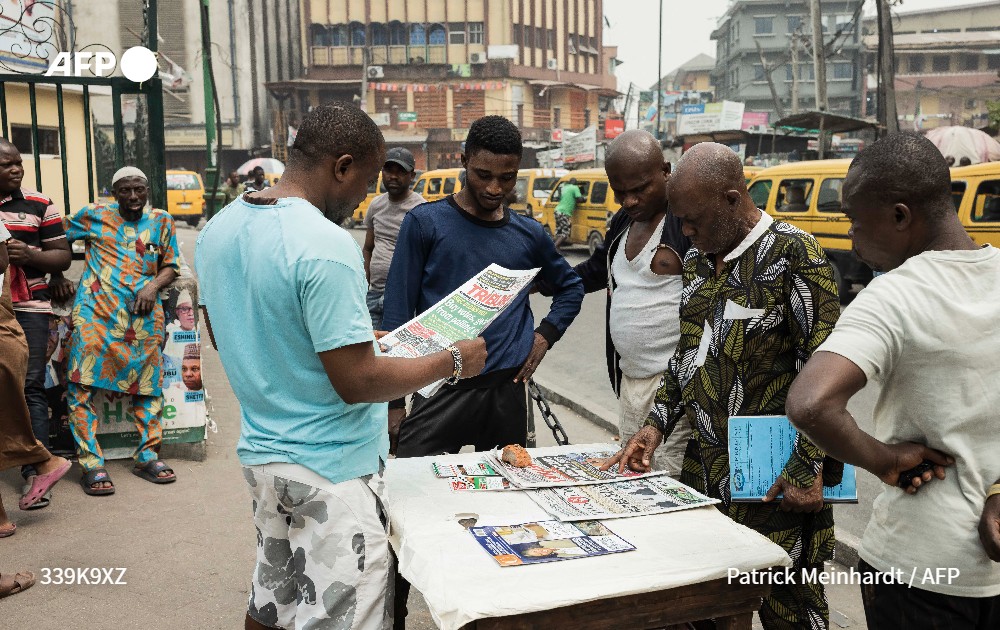
Nigerian fact-checkers join forces ahead of elections
- This article is more than two years old.
- Published on February 24, 2023 at 17:54
- 4 min read
- By Erin FLANAGAN, AFP Nigeria
The number of active social media users in Nigeria has risen from 27 million in 2019 to 36 million in 2023, according to the Abuja-based Centre for Democracy and Development (CDD).
“A lot more Nigerians, especially young people, are interested in this election, and this reflects in the sheer volume of election-related information shared on social media, which means a lot of work for fact-checkers,” said Lagos-based researcher for Africa Check, Allwell Okpi.
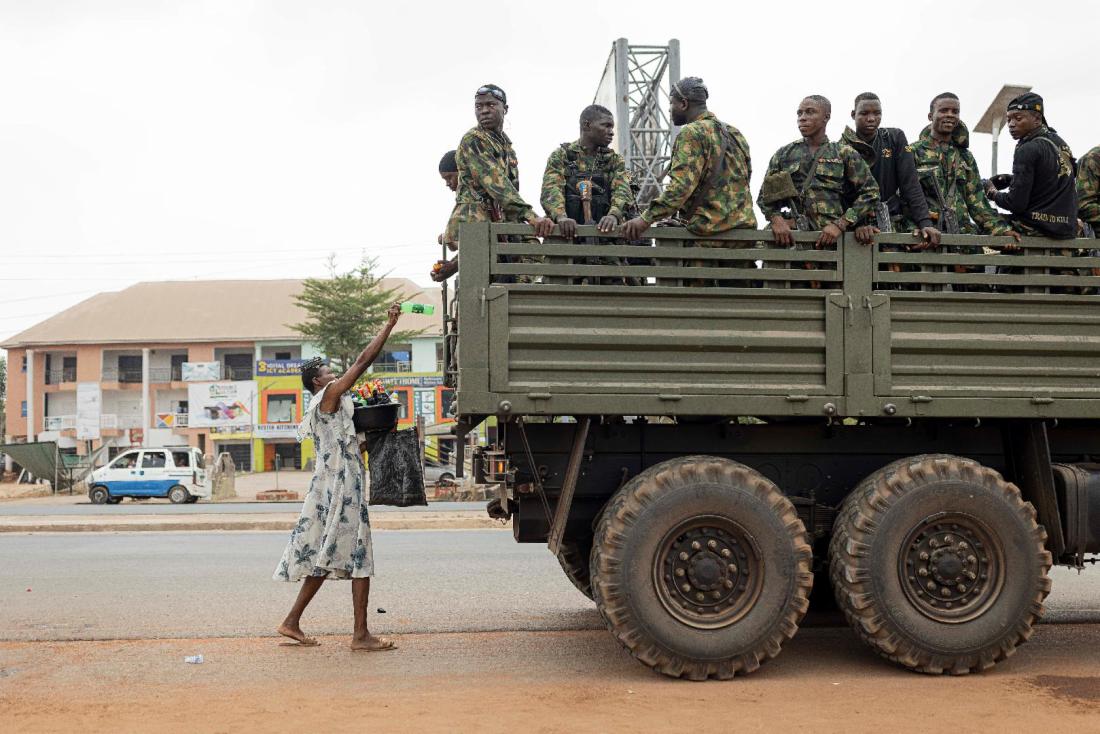
Concerns over misinformation are high as the country grapples with several crises, including a banknote shortage, fuel scarcity, and rising insecurity.
To counter misinformation, several local fact-checking organisations joined forces last year to form the Nigerian Fact-Checkers Coalition (NFCC) in anticipation of Saturday's presidential election.
"We all understand we face a common enemy," said Kemi Busari, the editor of the West African fact-checking organisation Dubawa.
'Sort fact from fiction'
Increased access to platforms like Facebook, WhatsApp and TikTok also means increased exposure to false disinformation ahead of the election to choose a successor to President Muhammadu Buhari.
These claims fuel pre-existing ethnic and religious divides and create an atmosphere of mistrust and potential for violence where it is difficult to “sort fact from fiction,” said the CDD's director Idayat Hassan.
The NFCC hopes to make that work a little easier.
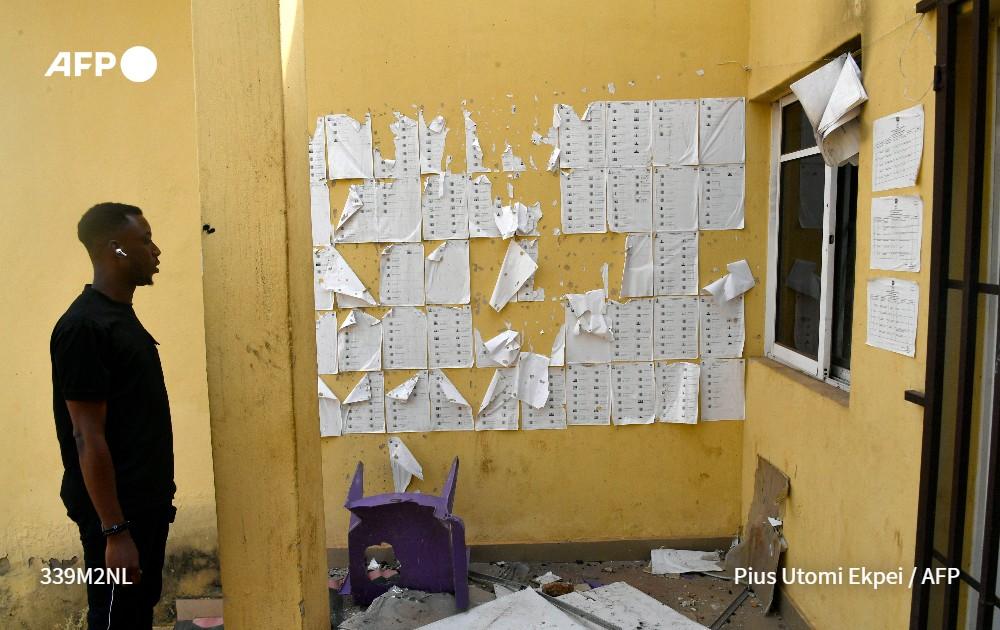
“Collaboration helps us reach more people by amplifying the work done by our partners,” said Hannah Ajakaiye of Facts Matter Nigeria.
The 12 organisations realised they could be more effective if they worked together, leveraging each other’s strengths and local expertise.
"We said, let’s come together, instead of waiting for a foreign organisation… We can do it ourselves," Ajakaiye told AFP Fact Check.
The alliance aims to help some 93.5 million registered voters make an informed choice in Saturday's ballot.
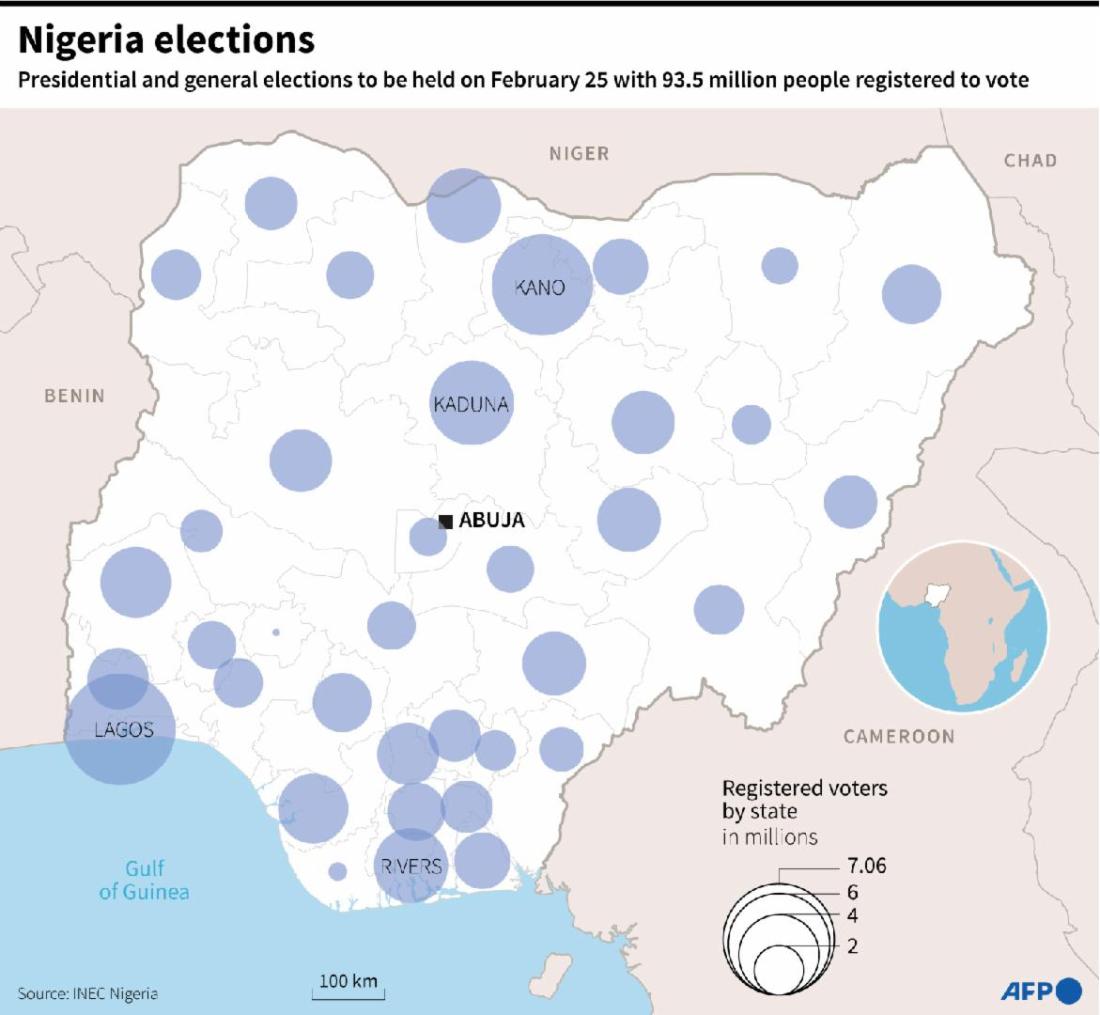
NFCC organisations will publish or re-post fact checks written by partners at the same time to maximise the post’s reach. They have also experimented with different formats like easily digestible "fact-check cards", distilling the key points of debunks into a visual easily shared across different platforms.
The coalition has also organised conferences to share best practices, participated in live fact-checking of political debates and collaborated on cross-organisation fact-checks.
It conducts media literacy training, posting videos to TikTok to help people check and verify the information they see online.
Ajakaiye said that part of the job was to “inoculate people against misinformation".
Trends in disinformation
Key trends spotted by the alliance include false statements about leading candidates, misleading posts on the electoral process and a rise in fake accounts.
Fact-checkers particularly focus on “claims that can influence the public’s perception of the electoral process, candidates and parties, and claims that play on ethnic and religious sentiments," said Okpi from Africa Check.
One false claim showed a candidate drinking a beer designed to inflame religious sentiments in a country with a significant Christian-Muslim divide.
For some, a candidate enjoying alcohol is a sign that this is “not someone we should vote for", said the Facts Matter Nigeria's Ajakaiye.
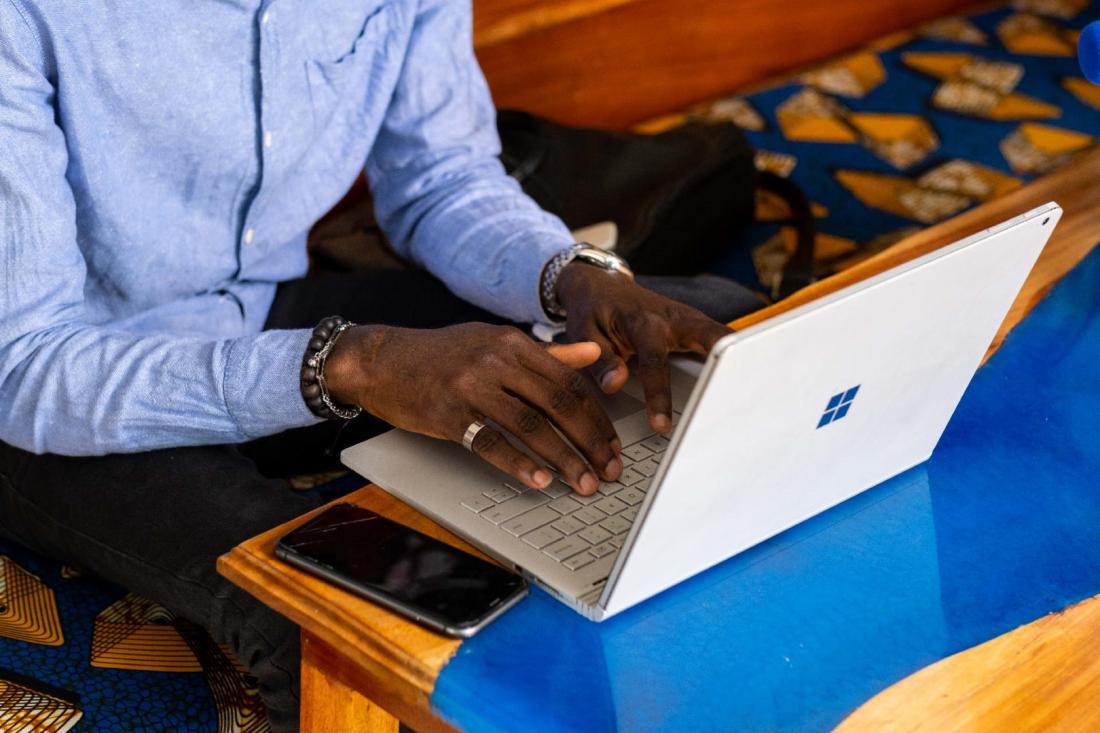
An increase in hoax accounts has been another major challenge.
These accounts push "targeted disinformation campaigns" seeking to discredit certain candidates and parties as well as vulnerable groups like women involved in politics, Ajakaiye told AFP.
"They’re trying to dehumanise women through body-shaming, sharing fake intimate photos, and portraying them as people that are unworthy to speak about issues impacting society,” she said.
Fact-checking organisations are also targeted. In one example, Facts Matter Nigeria saw one of their debunks edited to make it seem like the organisation was supporting a particular candidate.
This led to accusations of partisanship which Ajakaiye said undermines the organisation’s already fragile credibility in a country where journalists are routinely threatened over their work.
Challenges for local fact-checkers
In a country ranked 121 out of 129 for press freedom by Reporters Without Borders, Nigerian fact-checkers deal with online abuse, threats of violence and long-entrenched biases.
"I and some members have received threats to life and family," Okpi said. Several fact-checkers also said they had been subjected to online abuse and accusations of partisanship.
Busari of Dubawa said one of the biggest challenges is reaching their audience and convincing them to trust the information, even if it conflicts with their religious beliefs or ethnicity.
“People no longer care if you have the facts or the truth… if the fact check does not confirm their biases,” Busari said.
Despite the challenges, members of the NFCC said their work was important as it contributed to the democratic process and helped Nigerians make more informed choices.
"These are signs that the culture of fact-checking is becoming a significant part of political debates in Nigeria. That is something to cheer about," Okpi said.
Copyright © AFP 2017-2026. Any commercial use of this content requires a subscription. Click here to find out more.
Is there content that you would like AFP to fact-check? Get in touch.
Contact us
